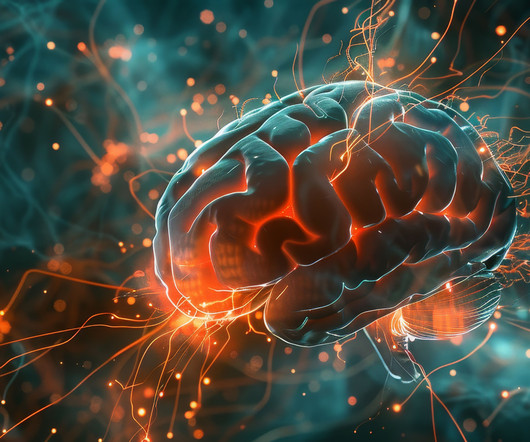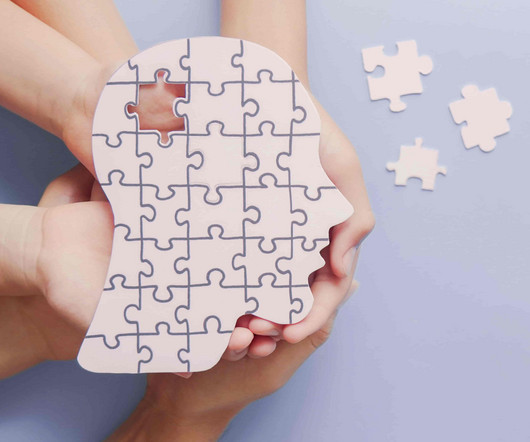4 Ways I Overcame My Guilt Over Doing Nothing, From a Chronic Overachiever
Very Well Mind
MAY 17, 2025
I'm a chronic overachiever and these are the four life lessons I learned that helped me overcome my guilt over doing nothing.

Very Well Mind
MAY 17, 2025
I'm a chronic overachiever and these are the four life lessons I learned that helped me overcome my guilt over doing nothing.

Psychiatric Times
MAY 17, 2025
At the APA Annual Meeting, Dana Hilt, MD, PhD, explores the notion of precision psychiatry in depression treatment.
This site is protected by reCAPTCHA and the Google Privacy Policy and Terms of Service apply.

The New York Times -- Mental Health
MAY 17, 2025
Readers respond to a psychiatrists essay arguing for more research on the effects of S.S.R.I.s like Prozac and other drugs.

Psychiatric Times
MAY 17, 2025
What should you know about the lesser known psychedelics? Clinical insights from Jacob Perlson, MD, MPH, at the APA Annual Meeting.

Speaker: Simran Kaur, Co-founder & CEO at Tattva.Health
AI is transforming clinical trials—accelerating drug discovery, optimizing patient recruitment, and improving data analysis. But its impact goes far beyond research. As AI-driven innovation reshapes the clinical trial process, it’s also influencing broader healthcare trends, from personalized medicine to patient outcomes. Join this new webinar featuring Simran Kaur for an insightful discussion on what all of this means for the future of healthcare!

Center for Integrative Psychiatry
MAY 17, 2025
Most people have heard of PTSD, Post-Traumatic Stress Disorder, but not everyone understands what it really is. Some think it only affects soldiers or people whove survived extreme violence. Others arent sure if it even counts as a mental illness. The truth is, PTSD can affect anyone who has gone through something deeply distressing, and yes, it is classified as a mental health disorder.

Psychiatric Times
MAY 17, 2025
Dana Hilt, MD, PhD, discusses data on Xanamems impact on cortisol and its potential use in MDD at the APA Annual Meeting.
Mental Health Clinicians brings together the best content for mental health and psychiatry professionals from the widest variety of industry thought leaders.

Psychiatric Times
MAY 17, 2025
Angelo Chaia, MD, explores the impact of long-acting injectables on patients with severe mental illness and substance use disorders at the 2025 APA Annual Meeting.

The New York Times -- Mental Health
MAY 17, 2025
Spring cleaning clears space in our homes and heads. How will we fill it?

Psychiatric Times
MAY 17, 2025
Amir Meftah, MD, discusses the possibility of GLP-1s for addressing metabolic issues associated with antipsychotics.

History Psychiatry
MAY 17, 2025
Dear H-Madness readers,A new edited volume has just been published.

Asian Journal of Psychiatry
MAY 17, 2025
Publication date: Available online 16 May 2025 Source: Asian Journal of Psychiatry Author(s): Ko Yen, Ming H.

Mad in America
MAY 17, 2025
T he paradigm of biological psychiatryin short, the view that mental disorders are diseases of the brainis essentially based on three assumptions: First, that the brain is the organ of the mind; second, that psychoactive substances or electrical stimulation of the nervous system alleviate the symptoms of mental disorders; and third, that parents genetically pass on a predisposition to mental disorders to their children.
Let's personalize your content